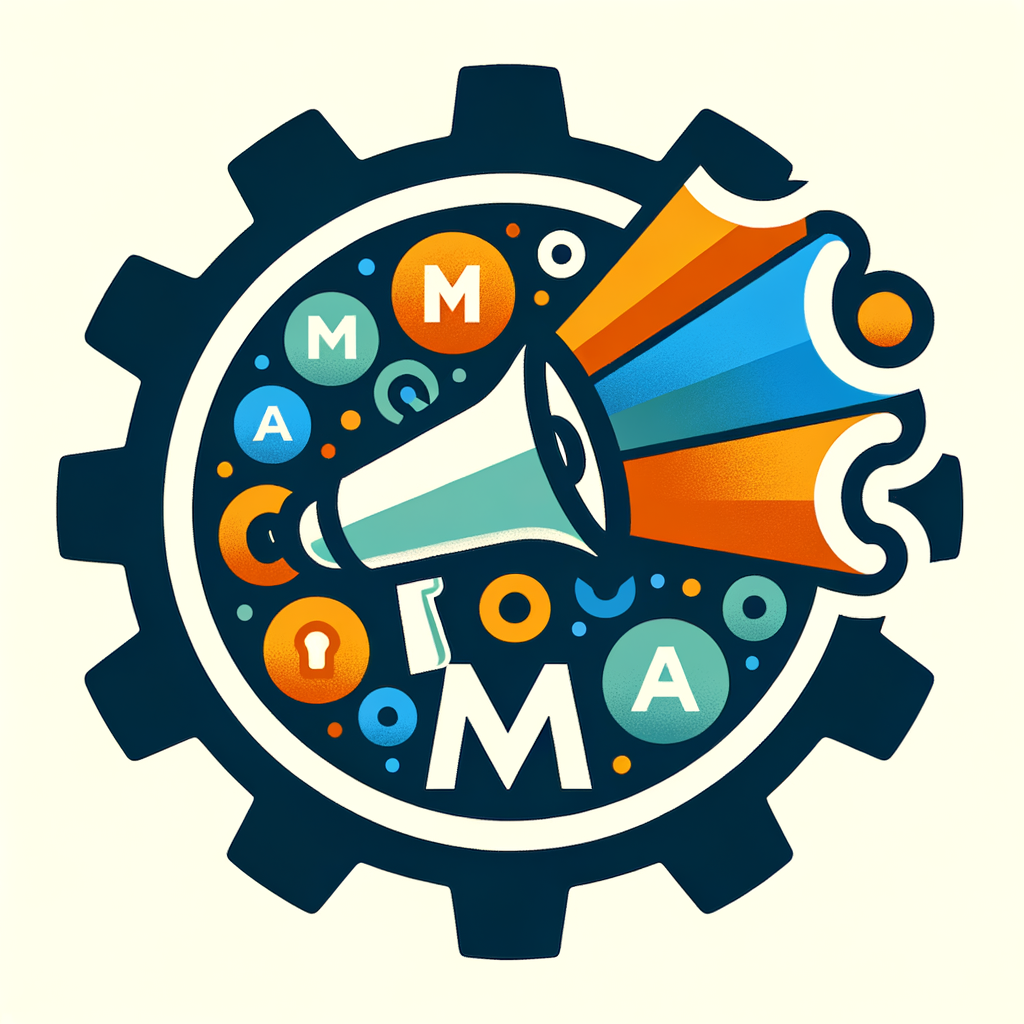What if you could create a marketing strategy that speaks directly to each individual customer, addressing their unique needs and preferences? That’s the power of personalization in marketing automation.
Personalization in marketing automation is the process of tailoring marketing messages, content, and experiences to individual customers based on their behaviors, preferences, and data. By leveraging customer data and analytics, businesses can deliver highly relevant and personalized interactions across various touchpoints, ultimately enhancing customer engagement, loyalty, and conversions.
Key Takeaways
- Personalization in marketing automation involves using customer data to create tailored experiences.
- It helps businesses deliver relevant and timely messages, improving customer engagement and loyalty.
- Effective personalization requires data collection, segmentation, and the use of automation tools.
- Personalization can be applied to various marketing channels, including email, website, and advertising.
- Privacy and data security should be prioritized when implementing personalization strategies.
Understanding Customer Data
The foundation of personalization in marketing automation lies in customer data. Businesses must collect and analyze data from various sources, such as website interactions, purchase histories, social media activities, and customer relationship management (CRM) systems. This data provides insights into customer preferences, behaviors, and demographics, enabling businesses to create targeted and personalized experiences.
Segmentation and Targeting
Once customer data is collected, businesses can segment their audience based on specific criteria, such as demographics, psychographics, behaviors, or purchase histories. This segmentation allows businesses to create targeted marketing campaigns and personalized experiences for each customer segment, ensuring that the right message reaches the right audience at the right time.
Automation Tools and Platforms
Implementing personalization in marketing automation often requires the use of specialized tools and platforms. These tools enable businesses to automate various marketing processes, such as email campaigns, lead nurturing, and content personalization. Popular marketing automation platforms include HubSpot, Marketo, Pardot, and Eloqua, among others.
Personalized Email Marketing
Email marketing is one of the most effective channels for personalization in marketing automation. By leveraging customer data and segmentation, businesses can create personalized email campaigns with tailored subject lines, content, and offers. Automated email workflows can be triggered by specific customer actions or behaviors, ensuring timely and relevant communication.
Website Personalization
Personalization can also be applied to website experiences. Through the use of cookies, IP tracking, and user behavior analysis, businesses can dynamically adjust website content, offers, and recommendations based on individual visitor preferences and browsing history. This can include personalized product recommendations, targeted promotions, and tailored content.
Advertising Personalization
Personalization in marketing automation extends to advertising as well. By leveraging customer data and retargeting techniques, businesses can deliver personalized ad experiences across various platforms, such as social media, search engines, and display networks. This ensures that customers see relevant and targeted ads based on their interests and behaviors.
Privacy and Data Security
While personalization in marketing automation offers numerous benefits, it is crucial to prioritize customer privacy and data security. Businesses must comply with data protection regulations, such as the General Data Protection Regulation (GDPR) and the California Consumer Privacy Act (CCPA), and ensure transparent data collection and usage practices. Customers should have control over their personal data and the ability to opt-out of personalized experiences if desired.
Continuous Optimization and Testing
Personalization in marketing automation is an ongoing process that requires continuous optimization and testing. Businesses should regularly analyze campaign performance, customer engagement metrics, and feedback to refine their personalization strategies. A/B testing and multivariate testing can help identify the most effective personalization tactics and messaging for different customer segments.
Personalization in marketing automation is a powerful tool for businesses to create meaningful connections with their customers. By leveraging customer data and automation technologies, businesses can deliver tailored experiences that resonate with individual preferences and needs. However, it is essential to strike a balance between personalization and respecting customer privacy and data security.
Embrace the power of personalization in marketing automation and take your customer experiences to new heights. Stay curious, continuously optimize, and prioritize customer satisfaction to unlock the full potential of this transformative approach.

